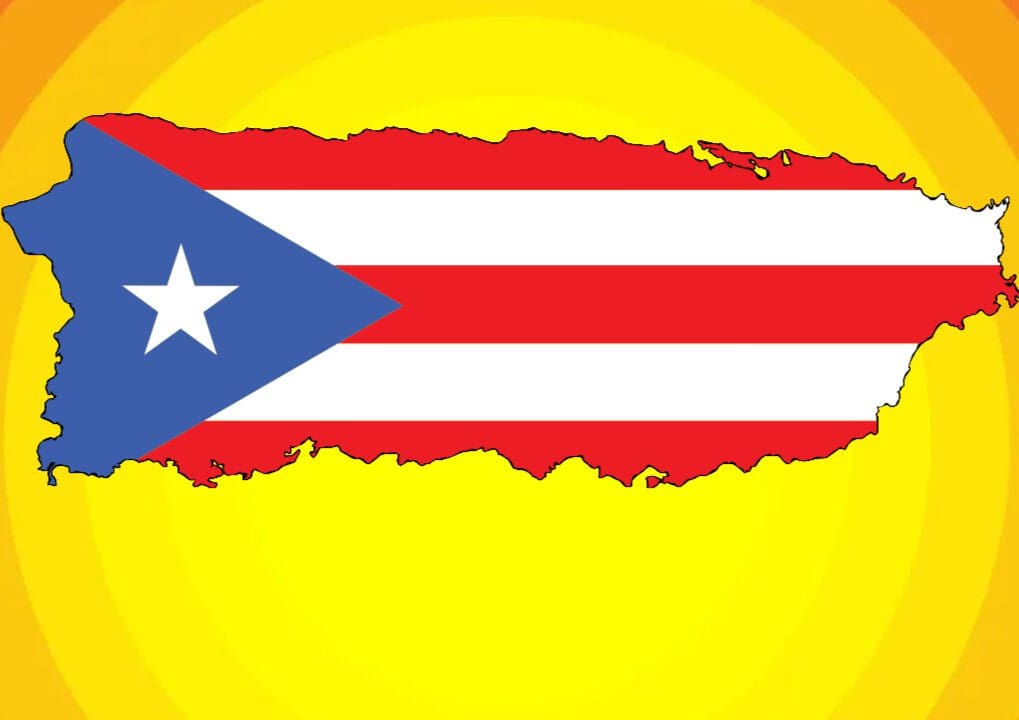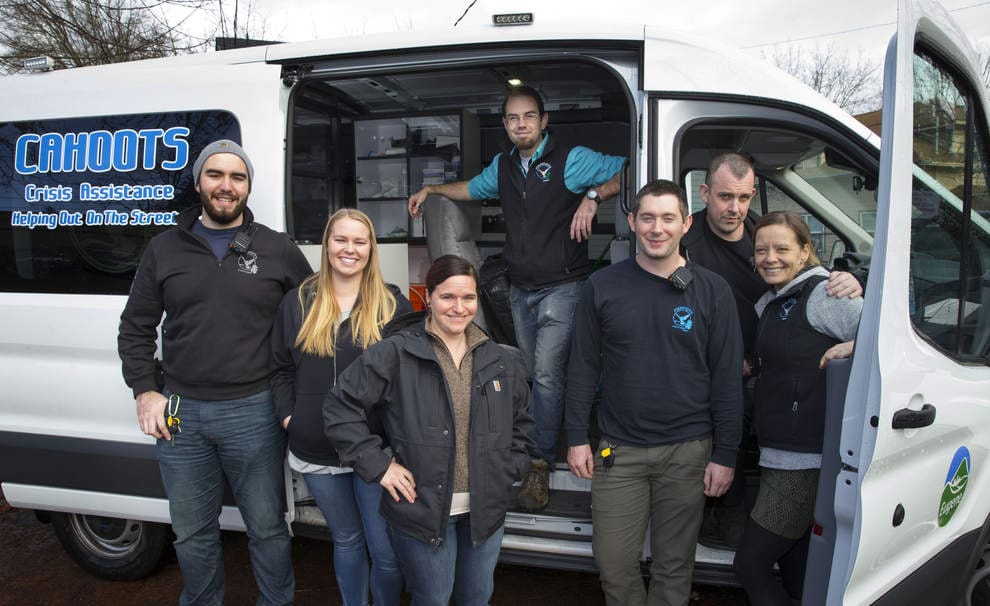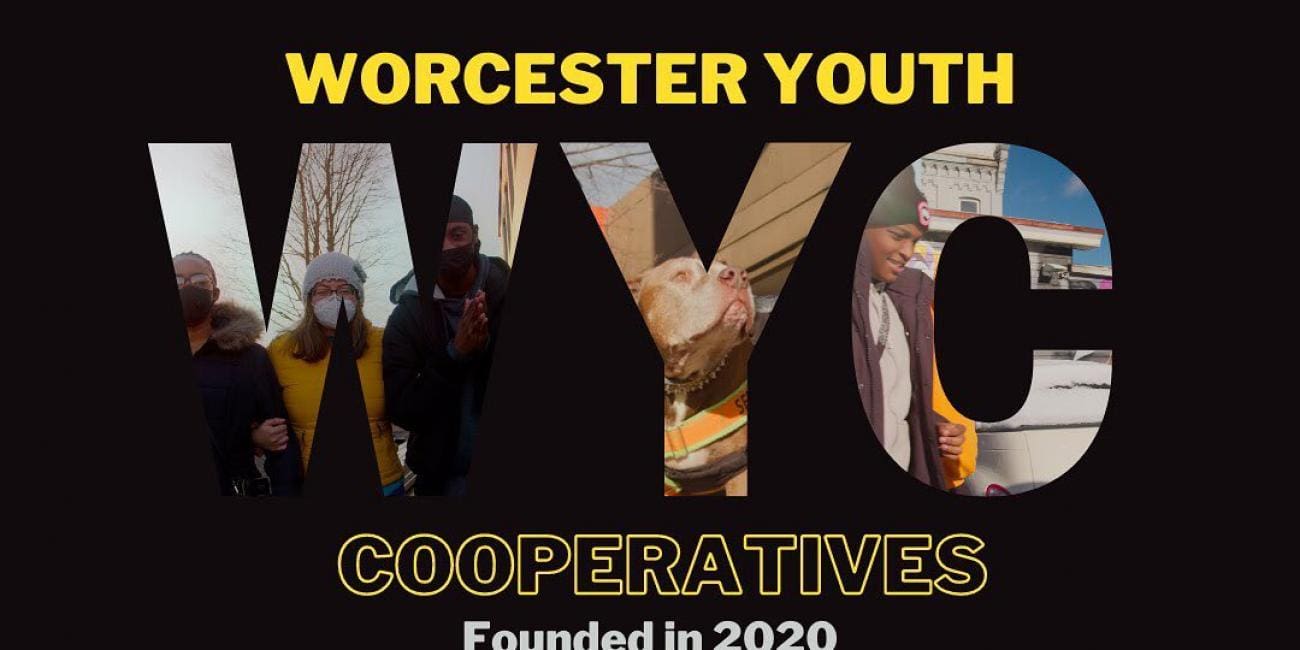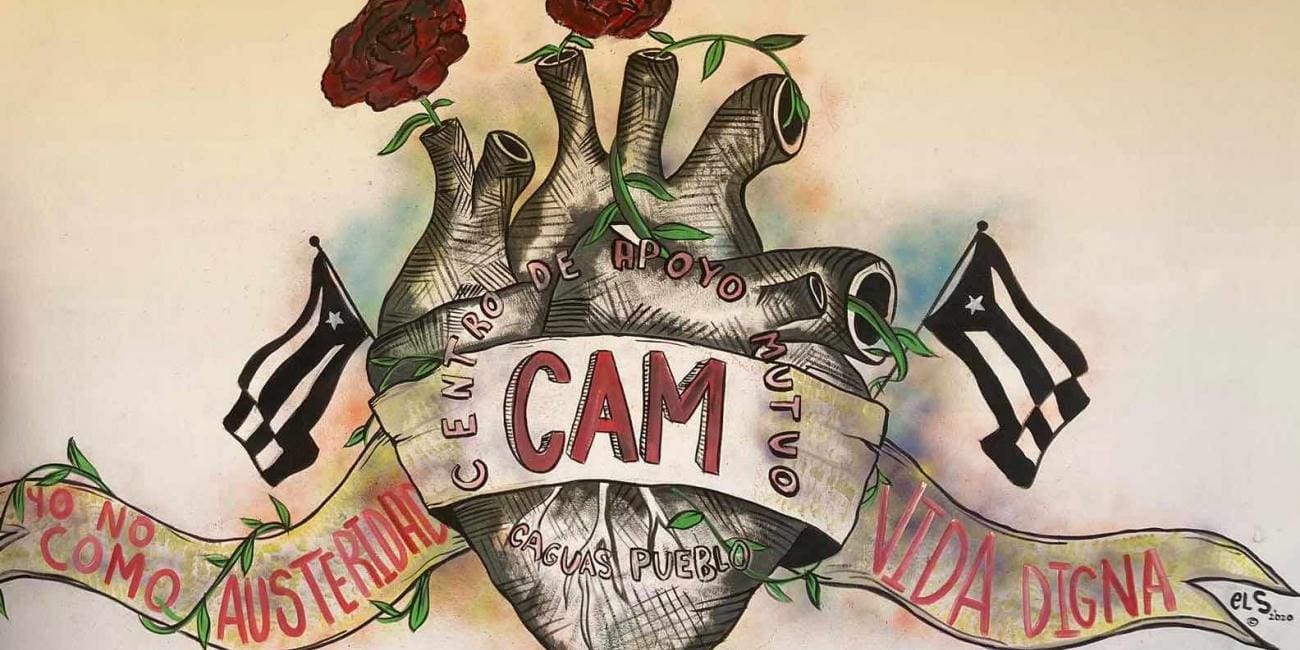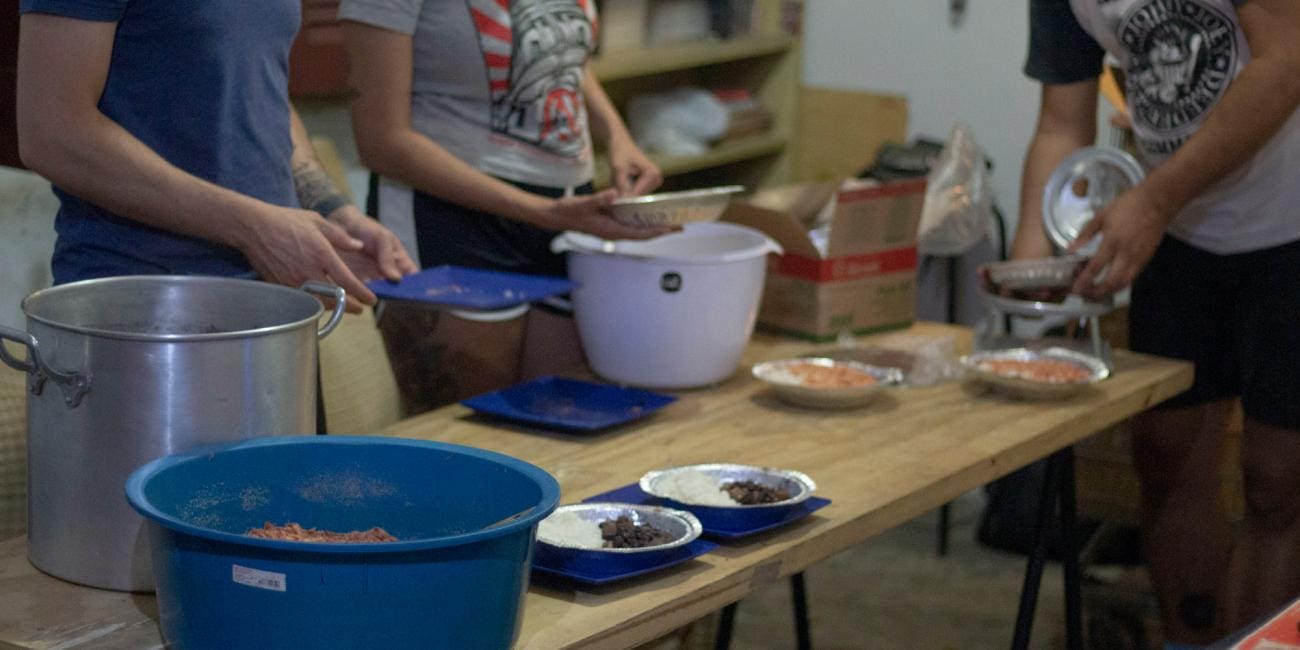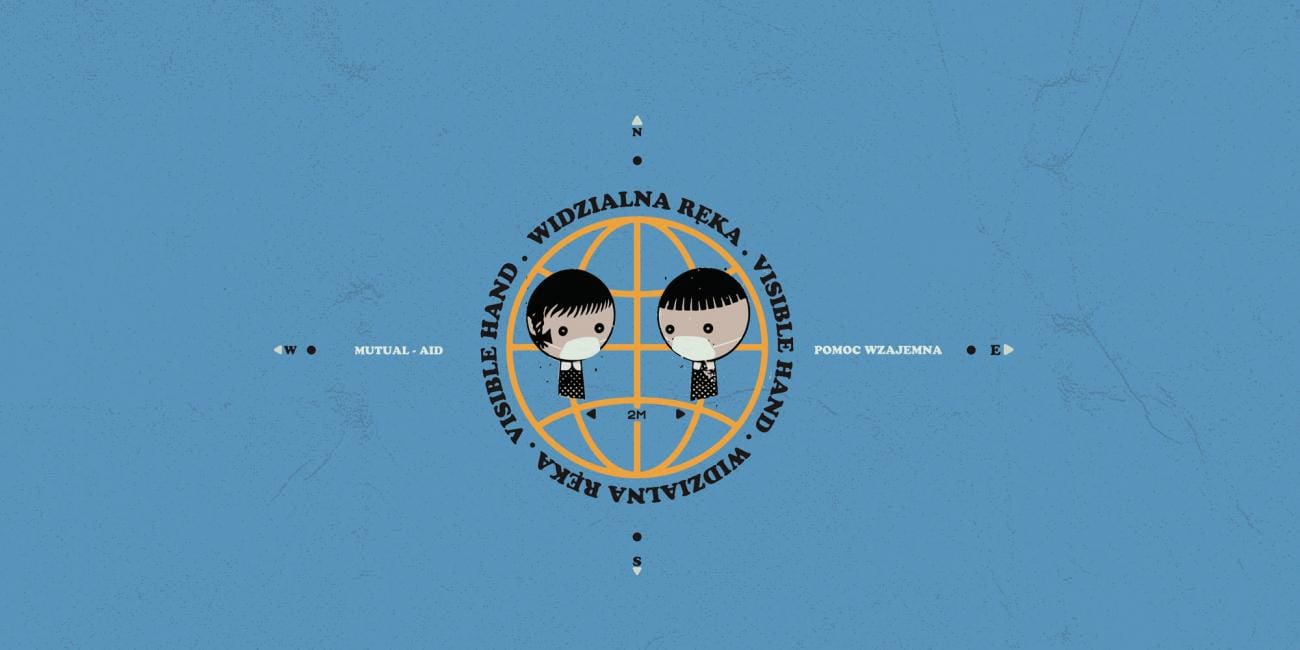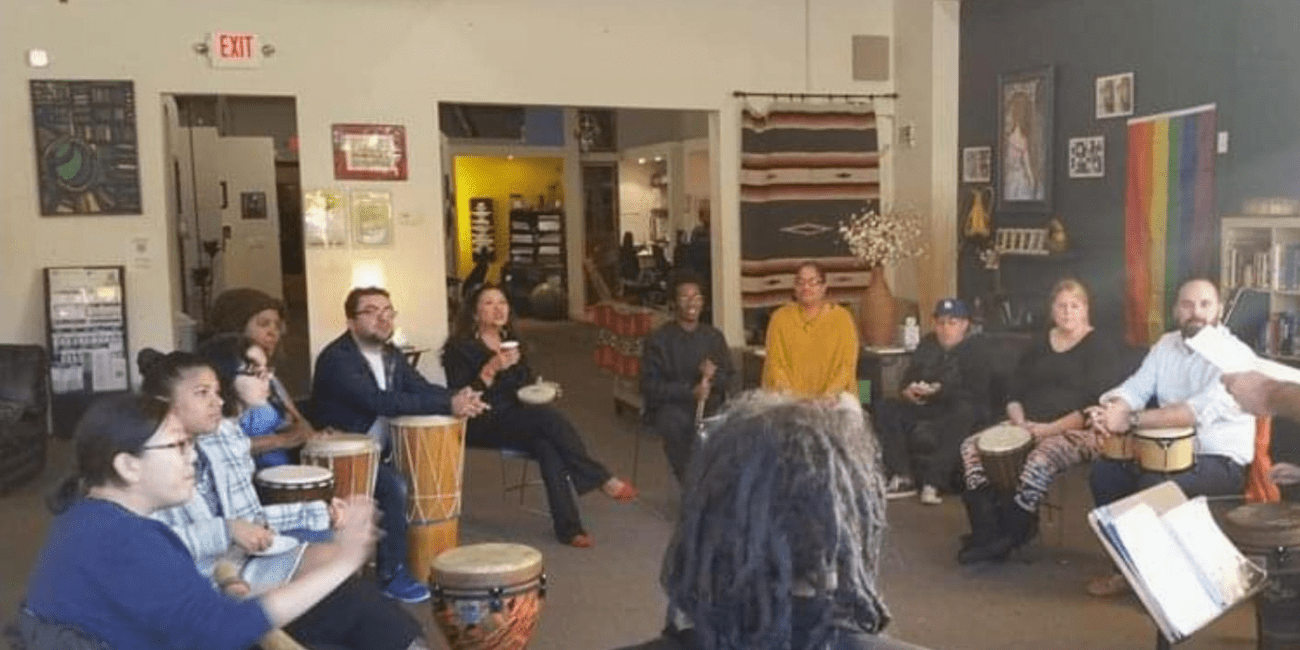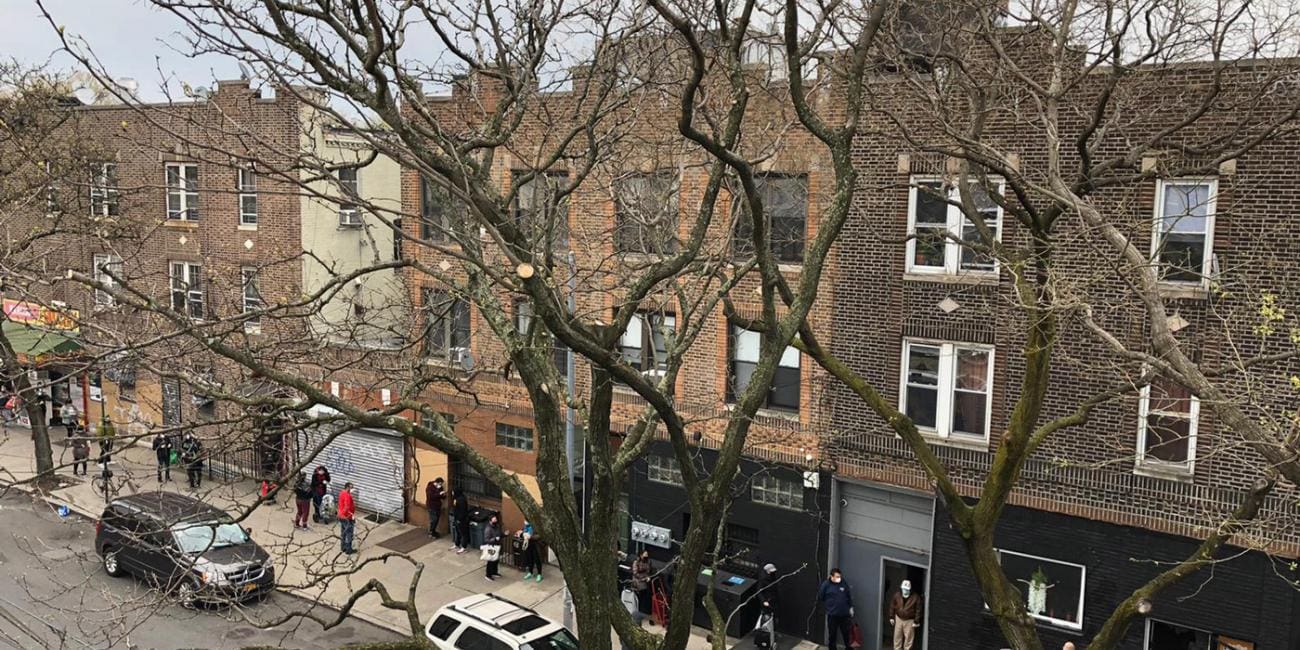My Articles
My Portfolio as a Writer Covering Grassroots Activism
After Hurricane Maria decimated Puerto Rico’s infrastructure in September 2017, Tara Rodríguez Besosa got busy rebuilding the local food system. There was no shortage of work to be done. The storm destroyed the island’s power grid, leaving millions without electricity and causing extensive damage to hundreds of thousands of buildings. In the mountainous region around the city of Caguas, Besosa and other founders of El Departamento de la Comida, a restaurant and nonprofit produce store, joined one of the “solidarity brigades” that had sprung up to repair local farms. While Besosa and her fellow activists fixed roofs, built rainwater collection systems and installed solar energy systems, they engaged in a discussion about the future of food in Puerto Rico: what needed rebuilding, and what needed replacing.
The CAHOOTS team in Eugene and Springfield, OR, USA. Credit: Todd Cooper/Eugene Weekly The 2020 uprising in response to the murder of George Floyd by Minneapolis police officer Derek Chauvin has made the average US American aware of the movement to abolish police and prisons.
Recent social movements led by young people have shown Gen Z to be more progressive than any generation before, and more likely to embrace alternatives to the oppressive systems that previous generations have accepted as a given.
Throughout the tumultuous year of 2020, people in many parts of the world were jolted into rediscovering the importance of relying on one another. The people of Puerto Rico, however, have long understood the power of mutual aid as a means of both survival and resistance.
The Zapatistas have said the best solidarity anyone can offer is to start their own social centers, projects, movements, and revolutions wherever they are based. In Belo Horizonte, the capital city of the state of Minas Gerais in southeastern Brazil, a collective called Kasa Invisível (Portuguese for "Invisible House") has heeded that proposal and hopes to inspire you to do the same.
When Filip Zulewski got home from work on March 11, 2020, the idea he had seemed simple enough. He had just learned that the university in Warsaw at which he taught would be closed for the duration of Poland's nationwide coronavirus lockdown; he was concerned about the heavy restrictions the government had suddenly placed on everyday life.
In 2007, The Transformation Center began to open resource centers known as Recovery Learning Communities with funding from the Massachusetts Department of Mental Health. These included the Central MA RLC, which is now called Kiva Centers and operates out of four main support centers.
With politicians such as Rep. Alexandria Ocasio-Cortez calling for the people to engage in mutual aid in order to survive the COVID-19 crisis, those not previously familiar with the term might never guess it was coined by an anarchist scientist who advocated against the central government.
